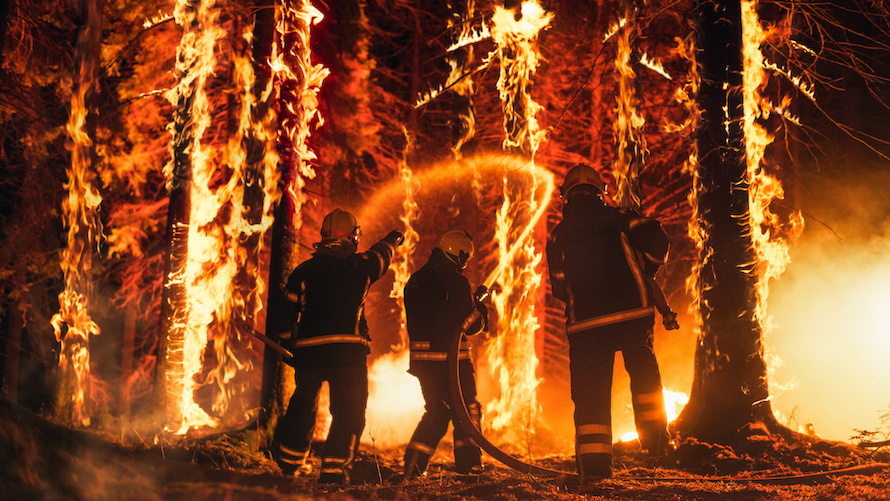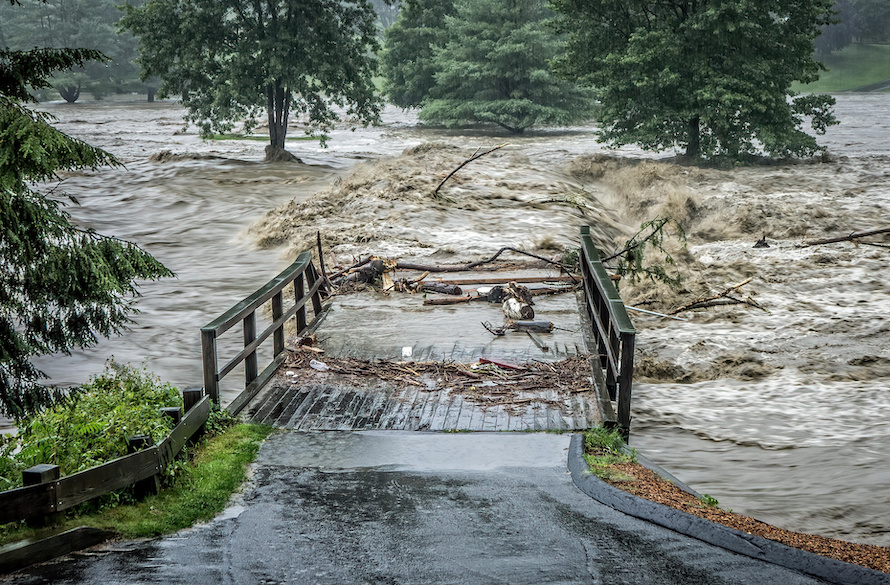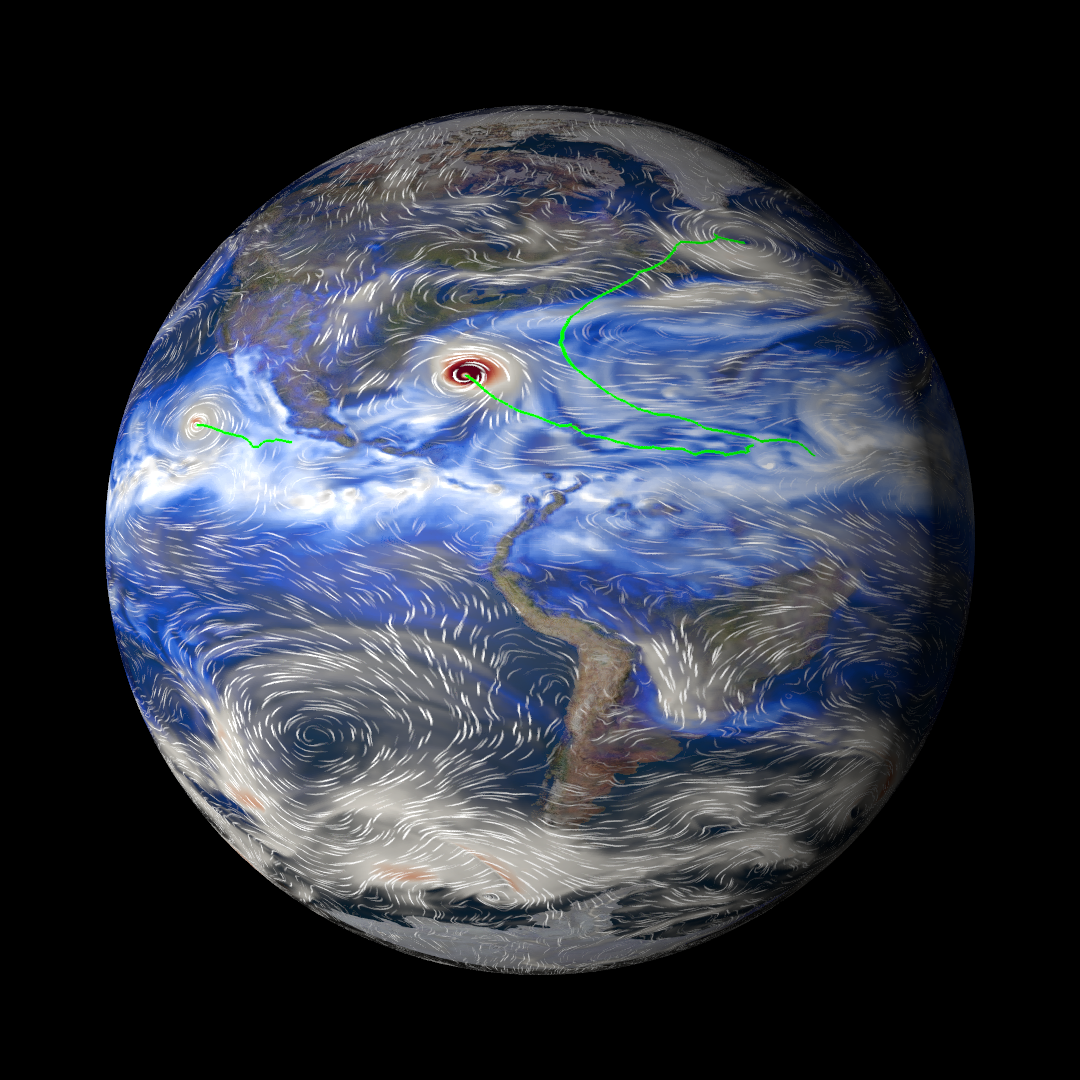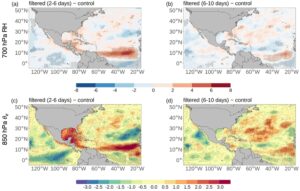CASCADE Research Highlights

CASCADE is exploring novel approaches – including machine learning and artificial intelligence – to improve predictions of low-likelihood high-impact (LLHI) extreme weather and enable earlier warning of these destructive events.

CASCADE brings together atmospheric scientists, physicists, computer scientists, and statisticians from across the U.S. in a multi-year project that advances research on extremes, and develops new methods for data analysis and datasets that can help guide efforts to prepare communities for the impacts of these rare but potentially devastating events.














